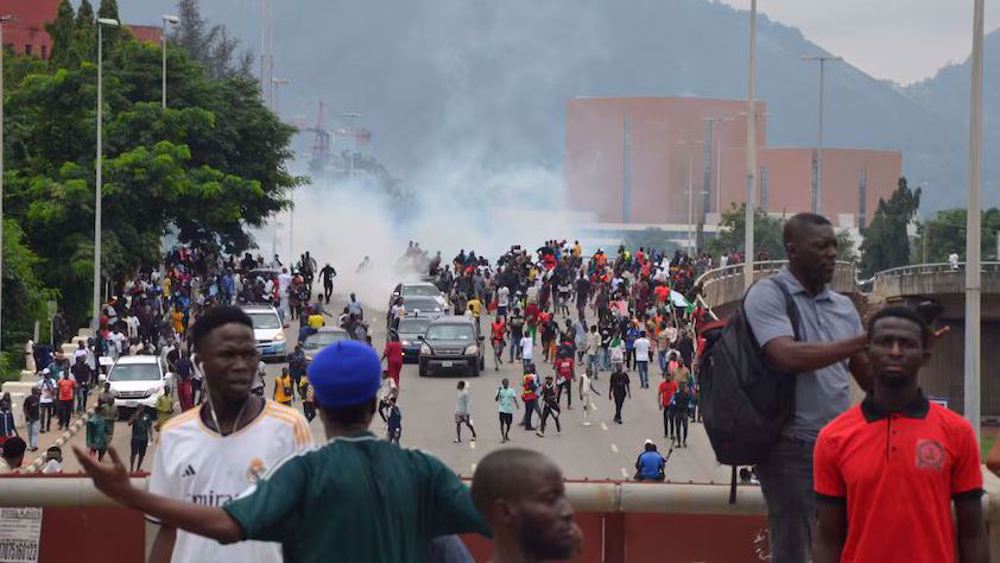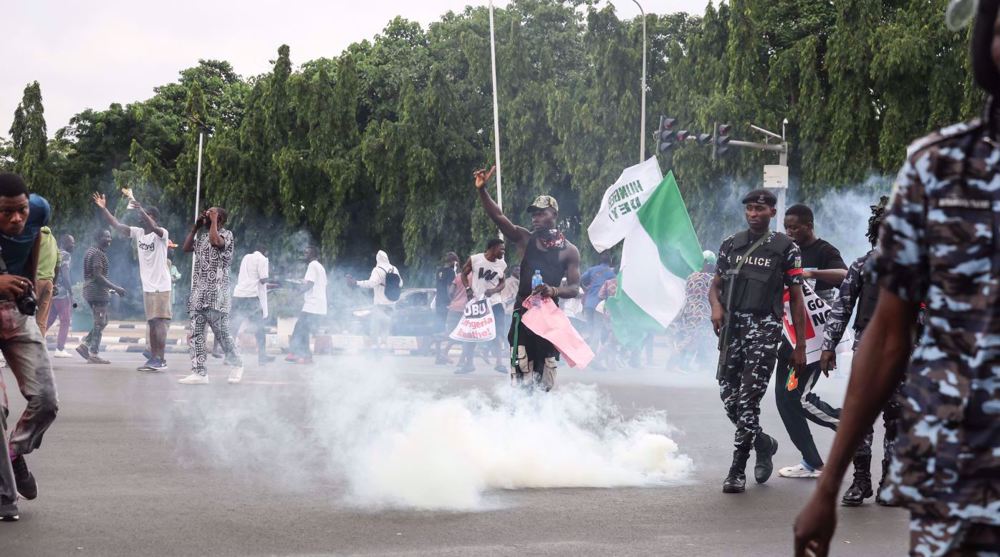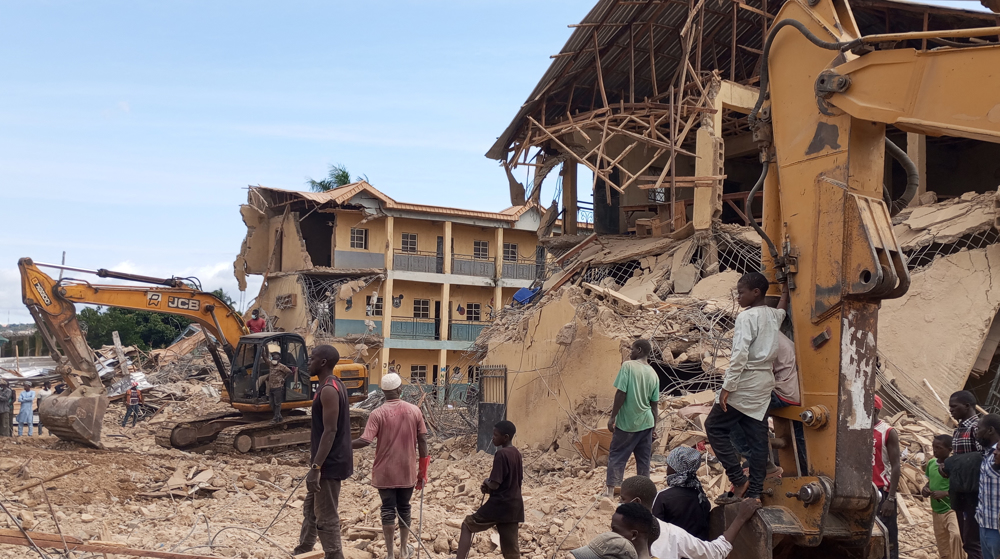Nigeria marks 3 years since schoolgirls’ mass abduction
Nigerians on Friday marked three years since the mass abduction of nearly 300 schoolgirls by Boko Haram extremists amid anger that government efforts to negotiate their freedom appear to have stalled.
Activists were expected to rally in the capital, Abuja, and commercial hub Lagos to urge President Muhammadu Buhari’s government to do more to free the nearly 200 schoolgirls who remain captive.
Nigeria in October announced the release of 21 of the Chibok schoolgirls after negotiations with the extremist group, and it said another group of 83 girls would be released “very soon.”
No one has been freed since then. The government this week said negotiations have “gone quite far” but face challenges. It refused to give details, citing security reasons.
The failure of Nigeria’s former government to free the girls sparked a global Bring Back Our Girls movement and was a factor in Buhari’s 2015 election win over former President Goodluck Jonathan.

The schoolgirls from Chibok village are among thousands of people abducted by the Nigeria-based Boko Haram as it continues to threaten parts of the northeast and has spread into neighboring countries.
The Chibok abduction is not even the largest. Nigerian officials refuse to acknowledge the abduction of more than 500 children from the northeastern town of Damasak in November 2014, Human Rights Watch (HRW) said last month. Nigerian officials have not responded to requests by The Associated Press for information.
Buhari late last year announced that Boko Haram had been “crushed,” but it continues to carry out deadly suicide bombings, often strapping them to young women. Children have been used to carry out 27 attacks in the first three months of this year, already nearing last year’s total of 30, the UN children’s agency said this week.
On Wednesday, Nigerian security officials said they had thwarted plans by Daesh-linked Boko Haram members to attack the embassies of the United States and Britain, along with “other Western interests” in the capital. One faction of Boko Haram is allied with Daesh.
Nigeria’s military in the past year has rescued thousands of Boko Haram captives while liberating towns and villages from the group’s control, but many have been detained as possible Boko Haram suspects.
Boko Haram’s seven-year uprising has killed more than 20,000 people and driven 2.6 million from their homes, with millions facing starvation because of the disruption in markets and agriculture.
(Source: AP)
Saudi delegation meets HTS leader at presidential palace in Damascus
Relentless Israeli ceasefire violations justify need for self-defense: Lebanese MP
Tel Aviv tells Damascus Israeli forces will remain in occupied territory: Report
Dec. 22: ‘Axis of Resistance’ operations against Israeli occupation
‘Abhorrent’: Oxfam says only 12 trucks delivered aid in North Gaza since Oct.
VIDEO | Leader receives religious eulogists on Hazrat Fatima birth anniv.
Pope Francis slams Israel’s ‘machine-gunning’ of Gaza children
US hostage-taking of Iranian nationals violation of intl. law: Deputy FM















 This makes it easy to access the Press TV website
This makes it easy to access the Press TV website